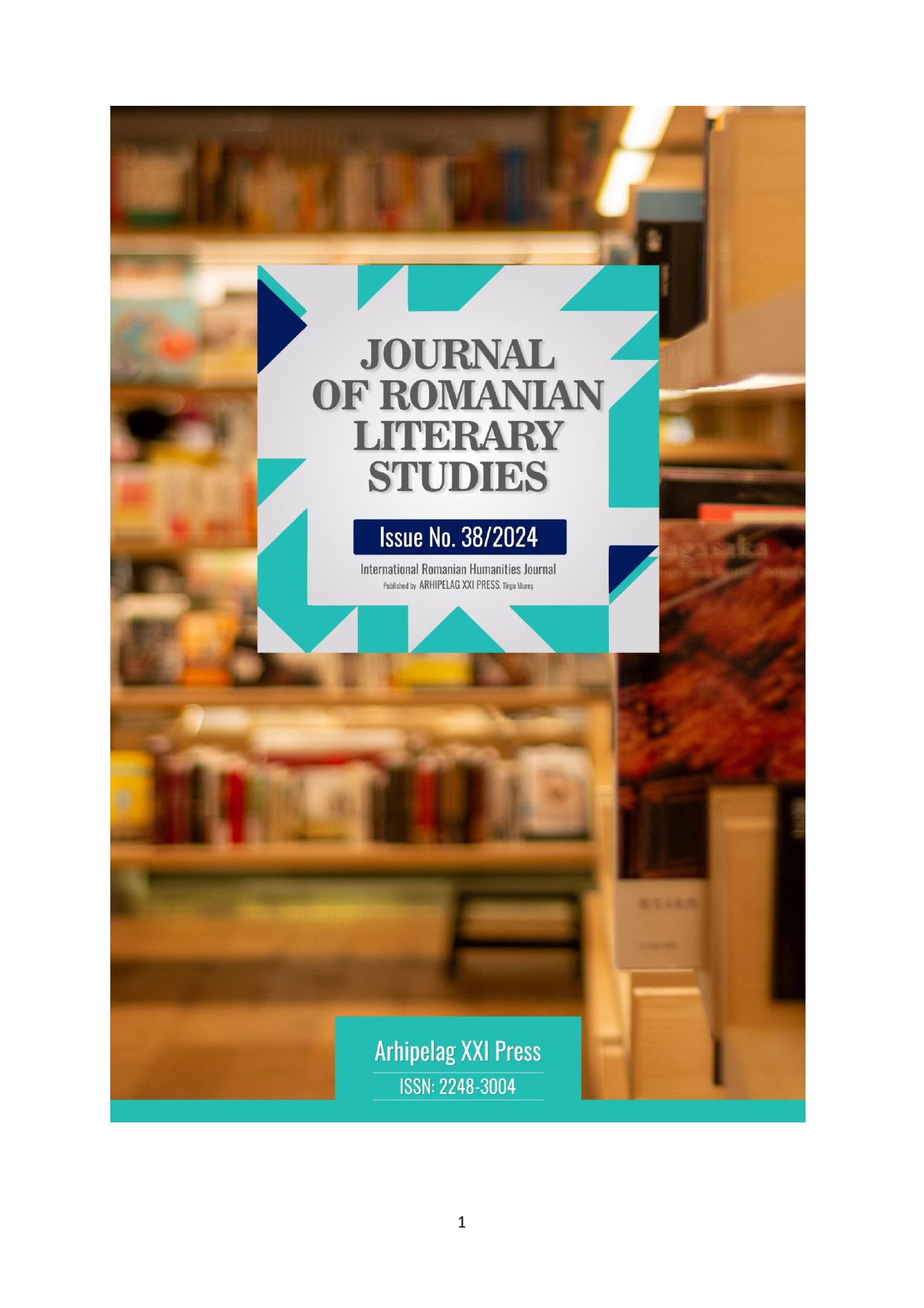LANGUAGE EDUCATION IN POSTMODERNIST CONTEXT
LANGUAGE EDUCATION IN POSTMODERNIST CONTEXT
Author(s): Silvia GolubițchiSubject(s): School education, Vocational Education, History of Education, Educational Psychology, State/Government and Education, Sociology of Education, Pedagogy
Published by: Editura Arhipelag XXI
Keywords: postmodernism; language education; characteristics of postmodernism; intertextuality; subjectivity;
Summary/Abstract: This article presents aspects of language education in a postmodern context, influenced by various theories and perspectives that emphasize plurality, diversity of interpretation, and cultural relativism. Postmodernism underscores the value of linguistic and cultural diversity and is characterized by: the development of critical consciousness; the exploration of multiple perspectives on a text; the recognition that interpretations can vary depending on cultural, social, and personal context; language is semantically autonomous or self-referential and is seen as an infinite play of meanings; the meaning of words and sentences is determined by the internal structures of language itself; subjectivity is produced within a range of practical discourses - economic, social, cultural. These characteristics reflect paradigmatic shifts in education, influenced by postmodern thought, which emphasizes diversity, social critique, and adaptability in the face of new cultural and technological realities.
Journal: Journal of Romanian Literary Studies
- Issue Year: 2024
- Issue No: 38
- Page Range: 90-99
- Page Count: 10
- Language: Romanian

